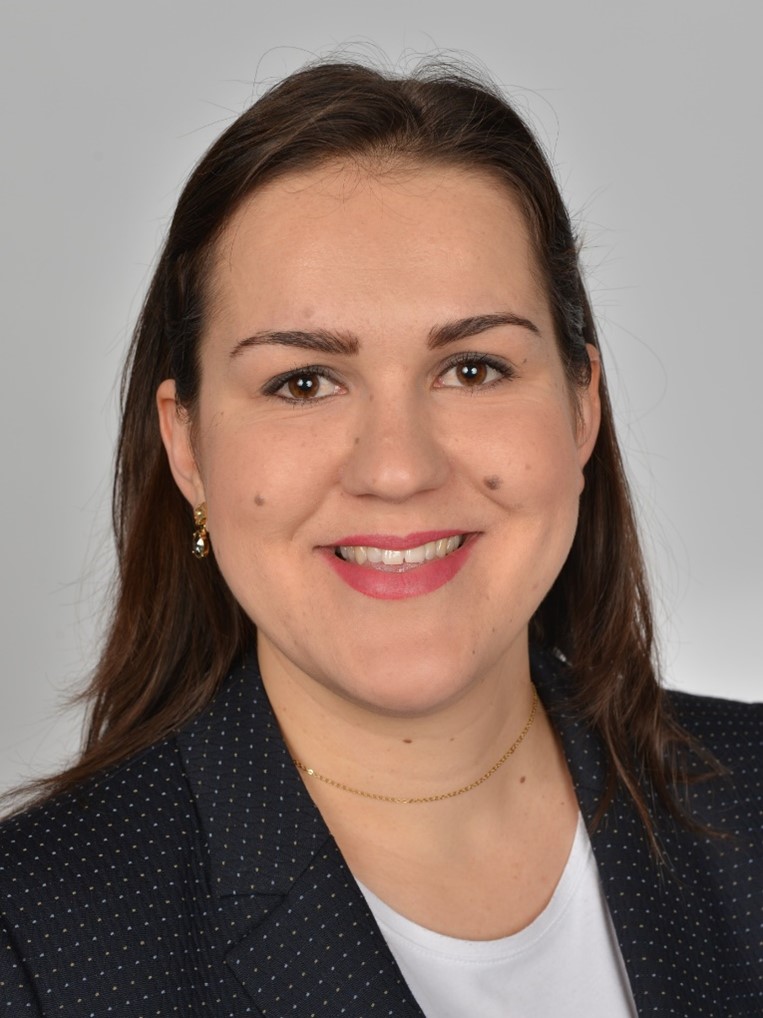October 2022
To know the project and activities better, we present a series of interviews with our project partners in which they will provide insights in their personal motivations and their experiences and tasks in the project.
What was your original motivation to become a researcher? What is your research area today?
I was amazed to see the theories learned from the textbooks becoming real, measurable, and tangible. Especially, the fact that we could also apply those concepts to make modest but real contributions to the development of our world and society was very motivating. That’s when I started to study battery materials, and that’s still my research area today. Currently, I am more focussed on cathode materials for sodium-ion batteries.
What do you like the best about your work?
I like to be in contact with scientists from around the globe, and to learn from and exchange knowledge with them. I also enjoy the excitement of planning and performing a new experiment that will help me to understand in more depth a specific topic, and that will hopefully prove a hypothesis.
How did you get involved in SIMBA and what is your main task/activity?
JM got involved in this project because of our strong expertise on electrochemistry and beyond lithium-ion batteries, but also because of our interest on supporting their development. I was happy to be invited to join this project, as I have a solid background on sodium-ion batteries and I believe in this technology. Our main task is to continuously review cathode materials to ensure maximum competitiveness for the consortium, thus mitigating cathode related technical risks. JM is also investigating the interfaces of the developed solid-state batteries and their physico-chemical properties.
Why is your company ideal for the research/activities in SIMBA?
JM is committed to science and innovation, with plenty of talented people working hard for that. Beyond that, we engage in strong collaborations with industrial partners and academic institutions. We contribute to the consortium with our people’s expertise, from an industrial perspective, but also with the outstanding analytical facilities at JMTC-Sonning.
What impact do you think the SIMBA technology will have?
SIMBA’s approach to run lab-scale experiments leading to larger scales is crucial when thinking on the future commercialization of solid-state sodium-ion batteries. For me, that’s the biggest impact: generate a high-quality, fundamental understanding of the material’s properties that will later guide the choice of materials for competitive batteries. Sodium-ion battery is an emerging technology, and fundamental understanding of the best performing material is still much required.
